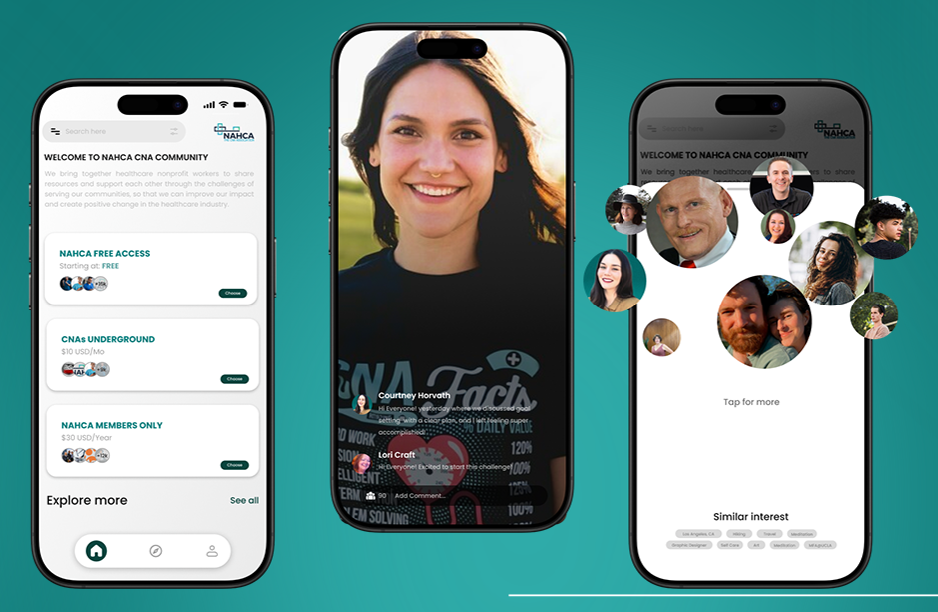This subject is very important to me on so many levels. I was born with a congenital (a disorder present at birth) hearing birth defect. My childhood consisted of ear infections, multiple surgeries, and special hearing classes throughout my schooling. At different times in my life, it became difficult in certain situations, especially reaching adulthood. And still to this day there are issues.
I’ve heard comments like “you’re deaf,” “clean your ears out,” and “why are you screaming?” (due to not being able to hear the volume of my voice). I am constantly being corrected on word pronunciations. My hearing issues even changed the direction of a career I once dreamed of.
From Hearing Loss, a Calling is Found
However, throughout the challenges and struggles I faced, I found my calling—a passion working in the healthcare industry—where I felt accepted among those I cared for.
Not only is hearing loss common in children it is also a big concern with elders. One-third of elders could experience hearing loss.
There are three types of hearing loss besides congenital disorders:
- Sudden Deafness also known as Sudden Sensorineural Hearing Loss. This can happen over a few days or all at once and should be considered a medical emergency.
- Tinnitus or ringing in the ears. This could also be a hissing or clicking noise and can occur in one ear or both.
- Presbycusis is hearing loss that occurs gradually for many of us as we grow older. It is one of the most common conditions affecting adults as we age. This can be inherited or can gradually occur when as person ages.
- Hearing loss can be caused by loud noise, ear wax/fluid build-up, ruptured ear drum, and infections. Health concerns like high blood pressure, diabetes, stroke, cancer, and heart disease have also been known to cause hearing loss.
Many Negative Consequences for Older Adults
Hearing loss can have the following negative consequences for older adults:
- According to research, it puts them at greater risk of dementia and decline in cognitive abilities;
- It can cause depression, anxiety and social withdrawal due to being embarrassed by their overall situation/hearing loss;
- Those living in long term and post-acute care settings can be mistakenly labeled as being uncooperative, confused, or unresponsive when staff members approach them; and
- Increased falls or unmet needs that leave staff and family with unanswered questions.
As CNAs working in these settings, you can help improve their quality of life. Others working in home health care, hospital, and hospice care should also become aware of hearing loss. Be aware that a coworker could have a hearing loss that might make them take longer with residents, clients, and patients due to a communication issues between them.
- Take these steps to help those with hearing loss keep their dignity:
- Make sure to face the person you are speaking to;
- Try to speak loudly and clear without yelling;
- Get down to their level and make eye contact and maintain it;
- Watch for facial expressions;
- Move to a quiet location, if necessary;
- Reduce the noise level, especially background noise, when having a conversation;
- Do not hide your mouth or eat while speaking with someone;
- Do not move them in their wheelchair without having a conversation first;
- Never talk behind their back;
- Ask them if they understood what you said or how you could help them understand by repeating it or writing it down; and
- Most of all, BE PATIENT!!!
Think outside the box when trying to keep a line of open communication between them and you. Beware of any communication problems with family members as well. Always work as a team!




